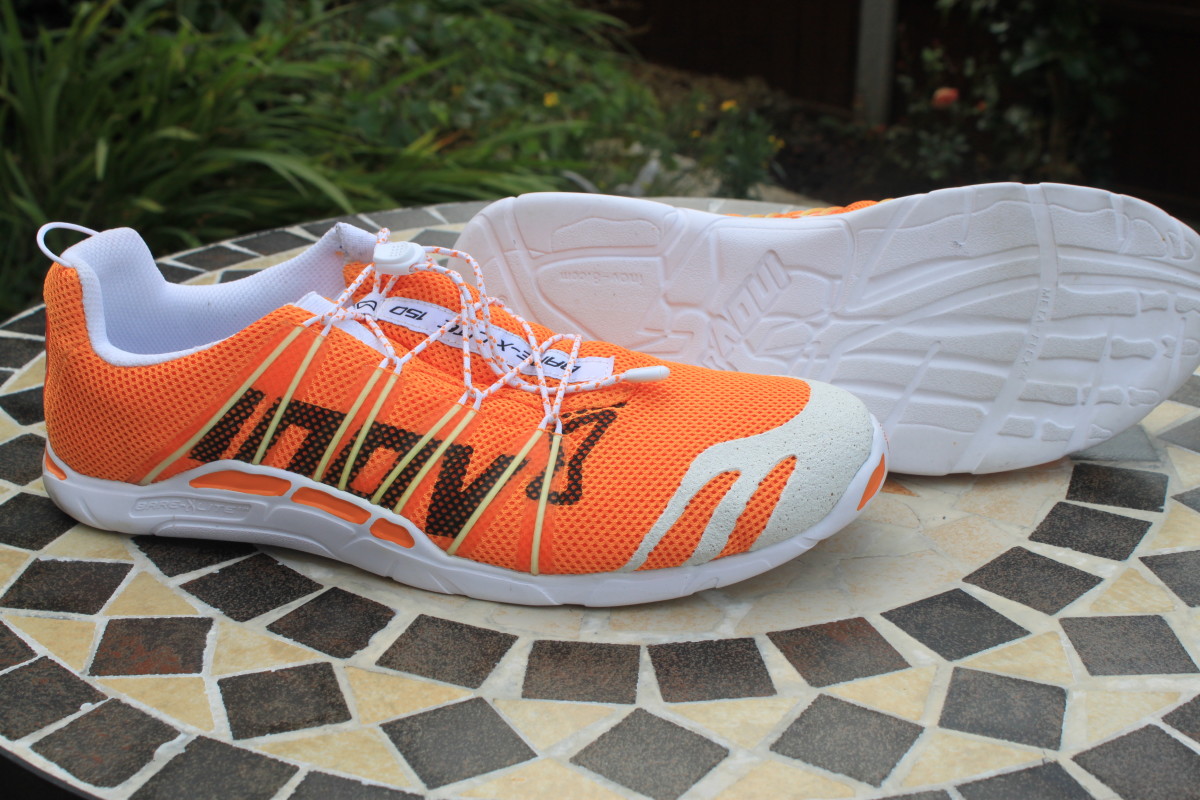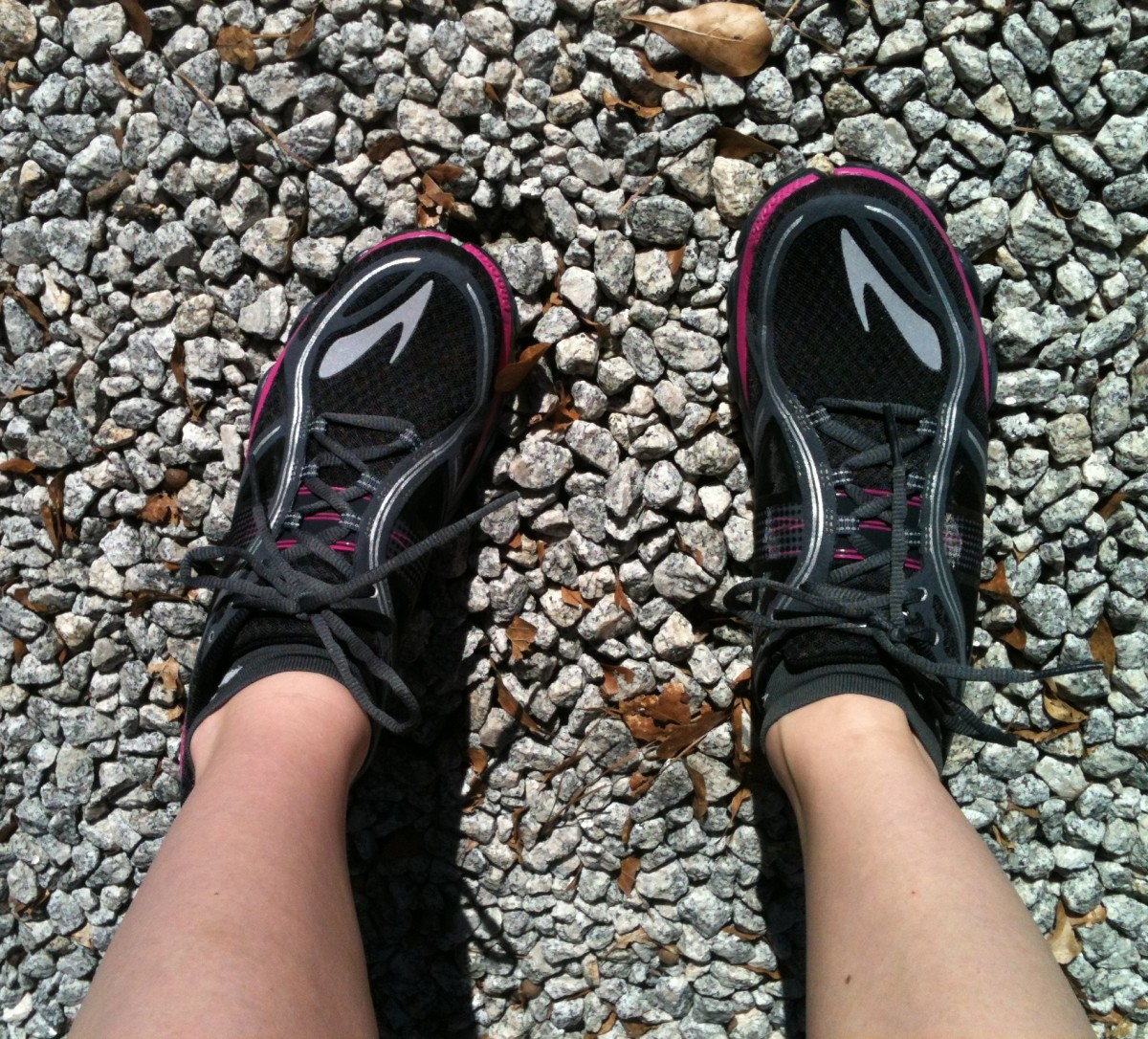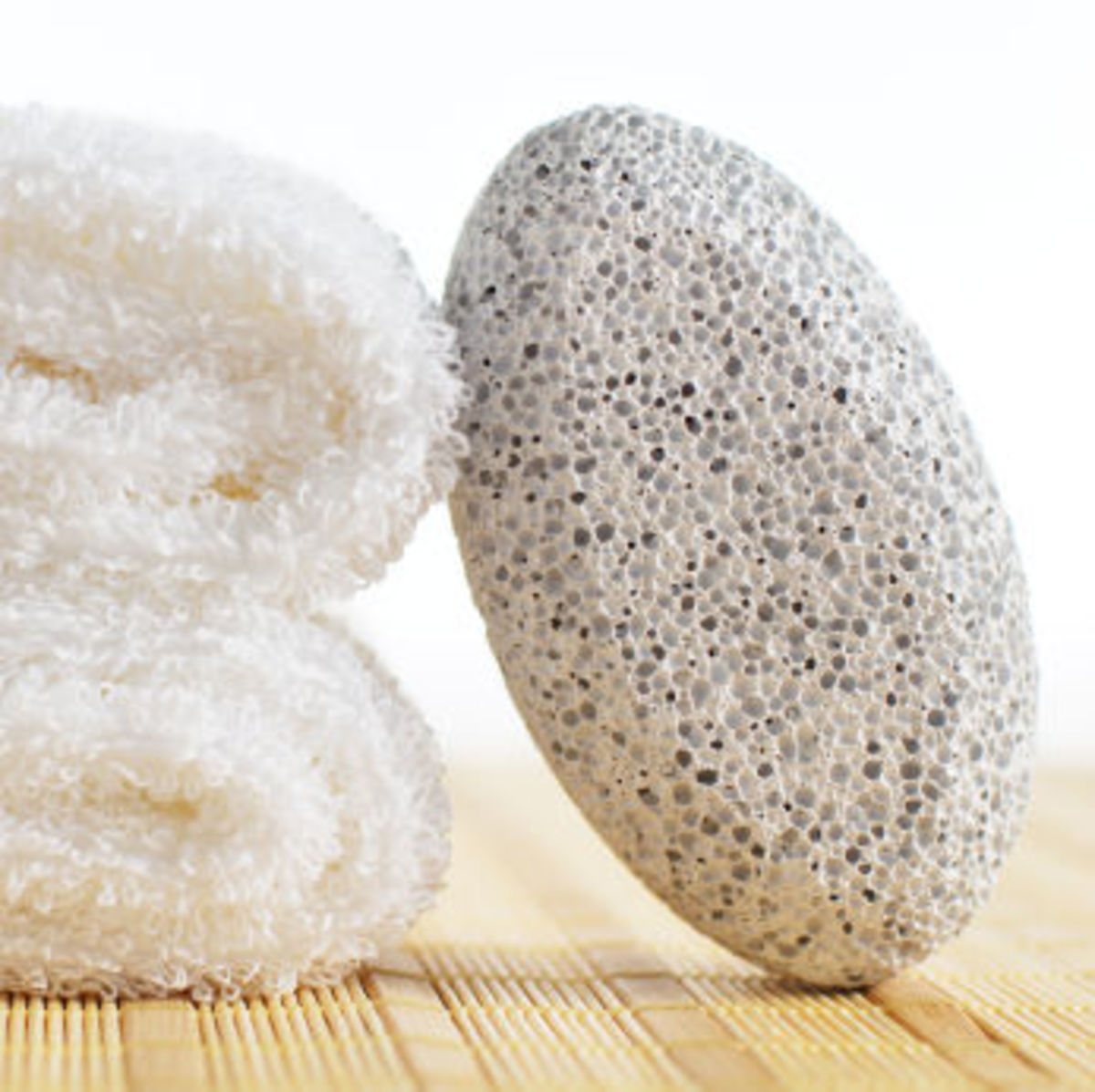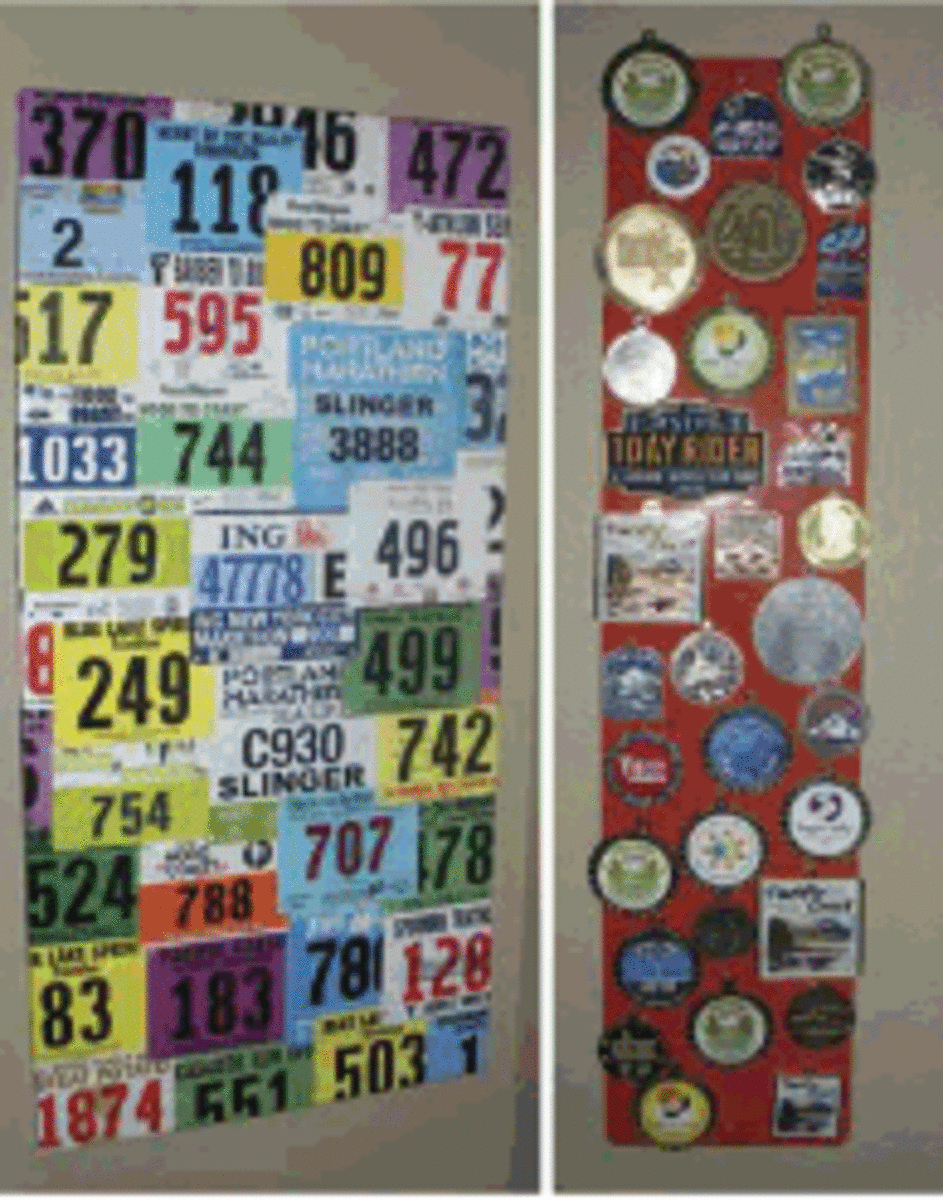How Often Should I Replace My Running Shoes
Running Shoes Need To Be Replaced Regularly

When Should I Replace My Running Shoes?
If you're planning to run your first marathon as a New Year's resolution or currently run a lot and want to really look after your body you should be asking yourself:
"When Should I Replace My Running Shoes?"
This guide will help you to make an informed decision on when to replace those old shoes and will give you an insight into why you should pay attention to changing your running shoes on a fairly regular basis depending on whether you're a high mileage marathon runner, or simply like to run on the treadmill at the gym.
Injury Risk From Running In Old Shoes
Many of us have an old 'faithful' pair of training shoes we turn to regularly for our training needs. Unfortunately if those running shoes have taken a real hammering they could really be increasing your risk of injury from running.
Why Do Worn Out Running Shoes Increase Injury Risk?
Over time the high impact nature of training and plodding can severely affect the shock absorption ability of your running shoes. The padding becomes compressed and loses it's spring and the mid-sole of the shoe (which is responsible for keeping the foot from twisting excessively) will weaken to allow torsion to occur.
Over time your running shoes lose their cushioning, shock absorption and stability properties.
Running in worn out shoes will dramatically increase the levels of stress you place on your muscles and joints. This can subsequently lead to overuse injuries- all for the sake of not changing your shoes often enough.
It's time to take action for the sake of your running health.
Marathon Running And Training Can Be Hard On Your Shoes

How Do I Know When My Running Shoes Need Worn Out?
There are a number of ways you can tell or suspect that your running shoes are in need of being replaced.
- Worn Out Soles. Worn out soles are a sure-fire way to tell that you've done far too many miles. Generally your running shoe soles last far longer than the cushioning of the shoe itself. Never run in shoes with overly worn soles as they will not provide grip on tarmac and other surfaces, thus forcing your stabilising muscles to work more than usual. This can lead to potential overuse injuries such as tendinitis.
- Your Shoes Fail A Twist Test. If you hold the top and bottom of your running shoes in your hands you should not be able to easily twist your shoes. This is a good test of your shoes however is not relevant to all running shoes as many racing shoes will allow a degree of twist due to a minimalist construction.
- If You Start To Feel Muscle Fatigue You Do Not Usually Experience Whilst Training. If you're a regular running there's a good likelihood that you've become in-tune to how your body feels and is affected by your training. If you're doing nothing out of the ordinary training-wise, yet start to feel niggling aches and pains- It could be as a result of your shoes and you should consider checking for excessive wear. The affects of this could be anything from tight quads, knee soreness, aching feet or shin splints as potential examples.
- You've Run More Than 500 Miles (800 km) In A Pair Of Running Shoes. As a general rule most running shoes have a lifespan of around 500 miles. Once you hit the 500 mile mark in any pair of running shoes- throw them in the bin or send them to the charity shop as they could still go to a good home in another country. (See examples of charities that would benefit from your old shoes at the base of this web page and you could provide some joy to others)
How Long WIll My Running Shoes Last?
Miles Per Week (Average)
| Typical Lifespan (weeks)
| Lifespan In Months
|
|---|---|---|
10 miles
| 40 weeks
| 10 months
|
20 miles
| 20 weeks
| 5 months
|
40 miles
| 10 weeks
| 2 1/2 months
|
50 miles
| 8 weeks
| 2 months
|
Using a typical running shoe lifespan of 400 miles. (Excluding racing fats which have a general lifespan of 100-200 miles due to limited cushioning)
How Long Before I Need To Replace My Runners?
The general consensus is that you should consider replacing your running shoes after 300-500 miles worth of running. The table right uses 400 miles (the mid point of the acceptable scale for replacing your running shoes) as a guide and shows how long your running shoes will generally last given your average weekly mileage,
Have More Than One Pair Of Running Shoes On The Go At Any One Time
Many runners have a number of pairs of runners on the go at any one point in time and this is an excellent technique to help guard against injury as a result of worn shoes.
One thing to consider is buying a second pair of running shoes around half way through the life of your current running shoes. This will allow the mid-soles of your running shoes additional time to decompress between running workouts and this could help extend your shoes' lifespan
Having a number of pairs of running shoes you run in will also allow you to provide a good comparison when you go to buy a new pair as your comparisons will not be against a heavily worn old pair of runners.
Your Old Running Shoes Could Provide Joy To Others Across The World
Donate Old Running Shoes To Charity To Spread Some Joy
Just because you're running shoes have served their purpose in terms of your running goals for training and racing doesn't mean that their work in this world is done and dusted.
There are a number of charities and non-profit organisations to which you can donate your old running shoes to provide some joy or relief for others in times of need.
Soles4Souls is a charity which provides shoes to people in areas of high poverty to provide donations to areas in dire need of footwear and relief efforts. The Soles4Souls organisation has provided key support in both the USA and abroad in the wake of the 2004 Asian Tsunami and Hurricanes hitting North America.
One World Running is an international health program which promotes awareness of health, fitness and nutrition. They provide old and reconditioned running shoes to needy individuals and groups in the United States and around the world as well as developing events to help spread their world.
If your prefer to support local causes drop your running shoes in at a local Charity Shop or Hospice
Or choose to use your shoes for other uses. It's up to you.
Good Luck With Your Training And Racing
Running can be hard on you and your body. Look after yourself and your running shoes to really get the most out of your training.
Liam Hallam. CyclingFitness@Hubpages






